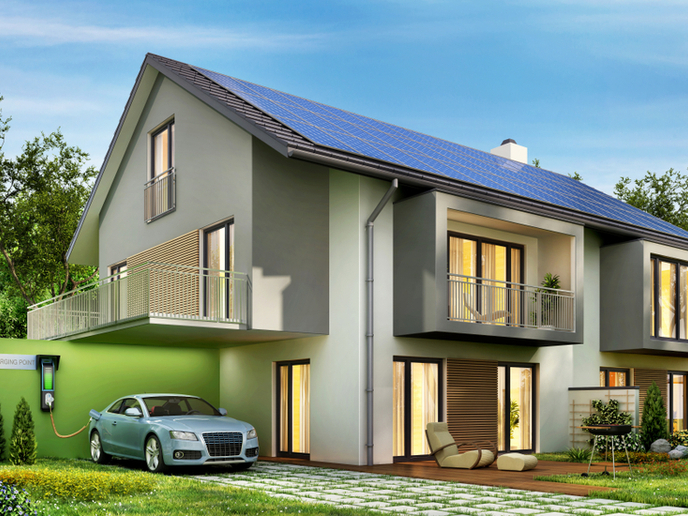Unlocking the social forces that shape consumer energy choices and behaviour
Growing concerns over climate change are prompting governments, energy providers and various industries to respond with bold investments in energy-efficient technologies. Although many investments are empowering consumers to manage their energy usage more actively and efficiently, there are several barriers that prevent greater uptake of these technologies. Consumers’ choices are complex and not always based on rational thought and behaviour. The EU-funded ECHOES project brought together social scientists and actors involved in the energy market to study the reasons for the unpredictable nature of human decision-making. To answer these questions, project partners interviewed several thousand European citizens, conducted numerous case studies and analysed thousands of documents.
An ‘energy collectives’ approach
ECHOES employed the innovative theoretical concept of energy collectives that examines consumers’ energy choices on a micro-, meso- and macro-scale. “ECHOES took three different perspectives: how do individuals take energy-related decisions, which role does the local culture or lifestyle play in our energy decisions, and which are the differences in the decisions taken by individuals and companies or interest groups?” notes project coordinator Christian Klöckner. The focus was on analysing the impact of energy collectives on smart energy technologies (e.g. smart meters), electric mobility and energy-efficient buildings. Project partners conducted case studies in five European countries to investigate how historical events could influence the energy culture of a society. To do so, they presented the concept of ‘energy memories’ that links established energy cultures to collective memories. “The energy memories concept enables excellent understanding of energy cultures and helps identify energy culture cracks – instances of energy culture instabilities – where policymakers can take targeted measures to influence prevailing energy cultures,” adds Klöckner.
Key study findings
The project reported many interesting findings. For example, it found that most political documents assumed that people lack information to make the right choices and that economics steers people’s choices. Results also showed that our emotional response to energy projects determines our choices and that this holds especially true for men. In addition, people are more willing to invest in renewable energy when this opportunity is presented in their city. What’s more, people tend to engage in renewable energy initiatives if their actions are visible on social media platforms. Another interesting finding is that companies and organisations are struggling much more than individuals with changing energy legislation. These are just some examples of the results that ECHOES produced. They show that policies need to do much more than provide knowledge and economic incentives to accelerate Europe’s transition to a low-carbon economy.
Firm policy recommendations
“ECHOES also offers three general policy recommendations that can inform almost any consumer-oriented energy regulation scheme on a governance level,” notes Klöckner. Policymakers could reduce the regulatory, legal and procedural burdens consumers face when joining energy programmes. To strengthen their policy processes, they could employ data collection tools and monitor policy implementation with selected key performance indicators that also consider social aspects. Ultimately, policies should target specific collectives and individual groups with similar needs and characteristics to increase policy acceptance. “Implementing these recommendations into energy policies and regulations has the potential to greatly improve the impact and acceptance of energy and climate policies,” concludes Klöckner.
Keywords
ECHOES, energy, social, energy choices, energy collectives, low-carbon economy, energy memories, policy recommendations







